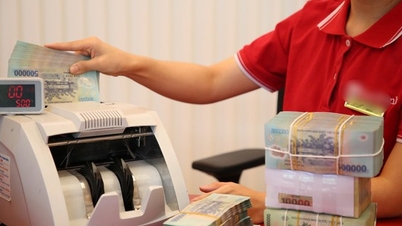
The eurozone economy slowed or even fell into recession in the third quarter under the cumulative weight of successive interest rate hikes, forecasters said.
Most economists surveyed by Bloomberg predict that EU gross domestic product has stagnated or declined after a brief period of growth in the second quarter.
ECB President Christine Lagarde warned that financial conditions were tightening like never before after 10 interest rate hikes, and she said the economy could face consecutive quarters of stagnation.
The figure is relatively optimistic compared with predictions by economists at Barclays, who said the region could be in recession.
“Monetary tightening is quite strong and we have not yet seen its peak,” said Silvia Ardagna, head of European economics at Barclays. “We think that core and headline inflation will return to 2% sooner than the ECB forecasts. As a result, we expect much weaker economic activity.”
Germany, Austria and Belgium, all of which reported GDP figures this week, are said to have weighed most heavily on the eurozone in the past quarter. France and Italy are among the economies that are seen to have recorded marginal growth. Others say Spain maintained growth in the third quarter, while Ireland's economy contracted significantly.
“With growth momentum weakening and risks mounting to the downside, the likelihood of another rate hike this year is very low,” said Jamie Rush, a European economist at Bloomberg Intelligence.
If the eurozone figure shows signs of contraction as previously predicted, it would be the first decline in GDP since the COVID-19 pandemic hit in 2020. This result will partly assess the recent economic growth of the whole region.
Next week’s reports could still provide some encouragement to ECB policymakers, with the outlook for inflation slowing markedly. The figure is expected to be 3.1%, not far from the 2% target. Core price growth, which strips out volatile factors such as energy, was 4.2% in October.
Tensions in the Middle East are increasingly becoming a concern for officials, both from an inflation and growth perspective.
“We are very attentive to the possible economic consequences, whether in terms of direct or indirect impacts on energy prices, or the level of confidence that economic actors continue to demonstrate,” said ECB President Lagarde.
Source


![[Photo] Hanoi morning of October 1: Prolonged flooding, people wade to work](https://vphoto.vietnam.vn/thumb/1200x675/vietnam/resource/IMAGE/2025/10/1/189be28938e3493fa26b2938efa2059e)




































![[Photo] Panorama of the cable-stayed bridge, the final bottleneck of the Ben Luc-Long Thanh expressway](https://vphoto.vietnam.vn/thumb/1200x675/vietnam/resource/IMAGE/2025/9/30/391fdf21025541d6b2f092e49a17243f)

























































Comment (0)